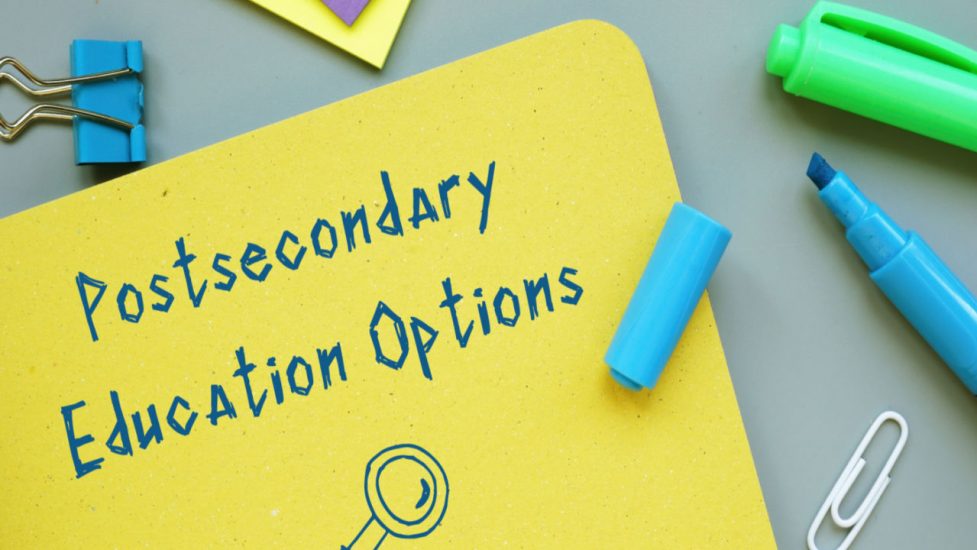If you are in high school and unsure about your postsecondary plans, you are not alone. A new report from American Student Assistance and Jobs for the Future (JFF) indicates “a shift taking place among Gen Z youth, who are skeptical of the well-trodden high school-to-college route, but are unsure how to navigate the growing array of postsecondary education paths.”
Degrees of Risk: What Gen Z and Employers Think About Education-to-Career Pathways…and How Those Views are Changing surveyed more than 1,500 Gen Z youth – ages 14 to 19 – and 600 employers between January and March of this year.
Findings indicate employers and Gen Z youth are dealing with stigma that might be attached to non-degree educational options.
- 65% of Gen Z youth are worried about choosing the wrong education pathway
- 58% of the surveyed youth believe that companies should hire more high school graduates who have pursued non-degree education pathways
- But 37% of Gen Z youth perceive employers favor job applicants with college degrees
- 81% of employers believe that hiring should be based on skills
- 68% of employers agree that applicants from non-degree pathways should be proactively hired
- But 54% of employers indicate it is “less risky to hire someone with a college degree”
As young people navigate their next steps, 71% “agree high schools should do more to help students understand the non-degree education pathways available.” The report indicates, “Most employers now say that organizations need more information on how non-degree pathways differ.”
A variety of calls to action are suggested. Among them:
- Continued research into the quality, efficacy, and value of a wide variety of education-to-career opportunities
- A change in the messaging around how options are presented to young people and to the workforce
- The creation of tools that can help students, families, and counselors navigate options; and change management resources for employers
- Commitment to equity
You can read the full report here.











